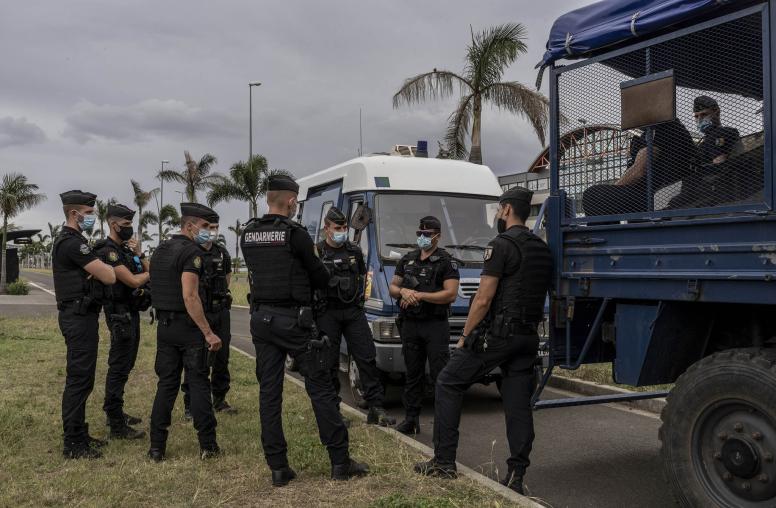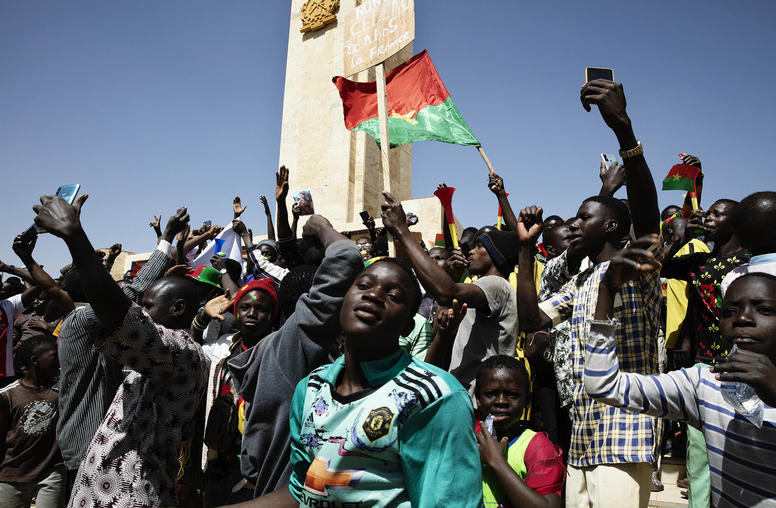China’s Influence on the Freely Associated States
Final Report Launch from USIP Senior Study Group on China’s Influence on the Freely Associated States
The Freely Associated States (FAS) — comprised of the Marshall Islands, the Federated States of Micronesia, and Palau — have exceptionally close relationships with the United States under the Compacts of Free Association. However, in the last decade, and especially the last five years, strategic competition between China and the United States has increased, and Beijing’s increasing engagement with the FAS is threatening U.S. interests both locally and in the broader Pacific region.
On September 20, USIP hosted a look at the final report from the USIP Senior Study Group on China’s Influence on the Freely Associated States — the fifth in a series. The study group’s co-chairs examined the report’s findings and discussed how Beijing’s growing presence in the region is affecting political, economic and security trends in the FAS. Additionally, the conversation looked at how policymakers can best utilize the report’s findings as the United States and the FAS negotiate changes to grant funding under the Compacts of Free Association in the coming months.
Continue the conversation on Twitter using #FASandChina.
Speakers
Philip Davidson
Former Commander, U.S. Indo-Pacific Command; Co-Chair, USIP Senior Study Group
Robert Underwood
Former Delegate from Guam to the U.S. House of Representatives; Co-Chair, USIP Senior Study Group
Ambassador Joseph Yun
Special Presidential Envoy for Compact Negotiations, U.S. Department of State
Jennifer Staats, moderator
Director, East and Southeast Asia Programs, U.S. Institute of Peace



